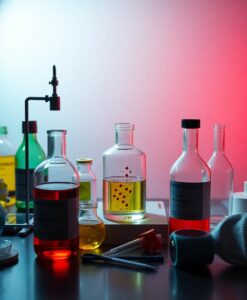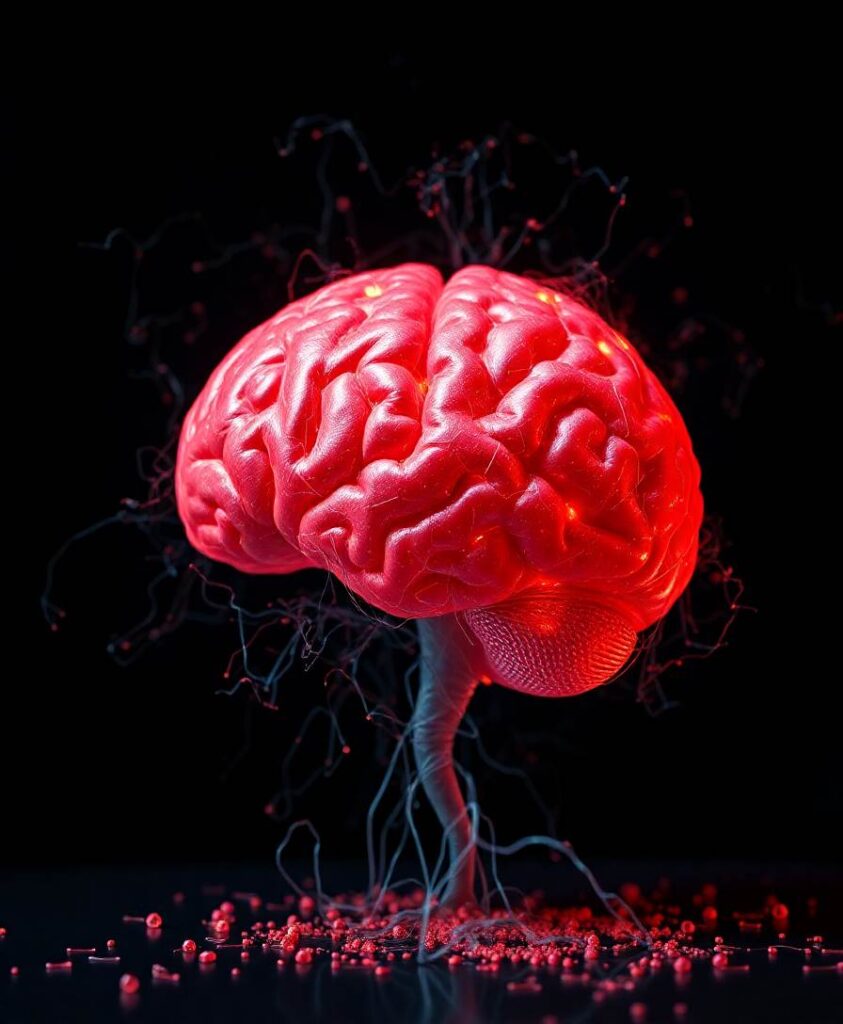In experiments with mice, a diet higher in cysteine activated a set of immune cells that release a signaling molecule driving faster tissue regeneration in the small intestine. These findings point to a biological shortcut: nutrients influencing immune behavior to speed healing. For people facing treatments that damage the gut, or for conditions that impair repair, understanding that link could lead to gentler, more targeted ways to restore function.

If you care about treatments that preserve quality of life, this work opens a practical question: can altering diet or delivering key metabolites strengthen repair pathways in humans? Follow the full report to explore how an amino acid might be woven into strategies that support recovery, resilience, and more inclusive approaches to care.
MIT scientists have found that an amino acid called cysteine can help the gut heal itself. In mouse studies, a cysteine-rich diet activated immune cells that release a molecule speeding up tissue repair in the small intestine. This process helped regenerate the gut lining after damage from radiation or chemotherapy.


